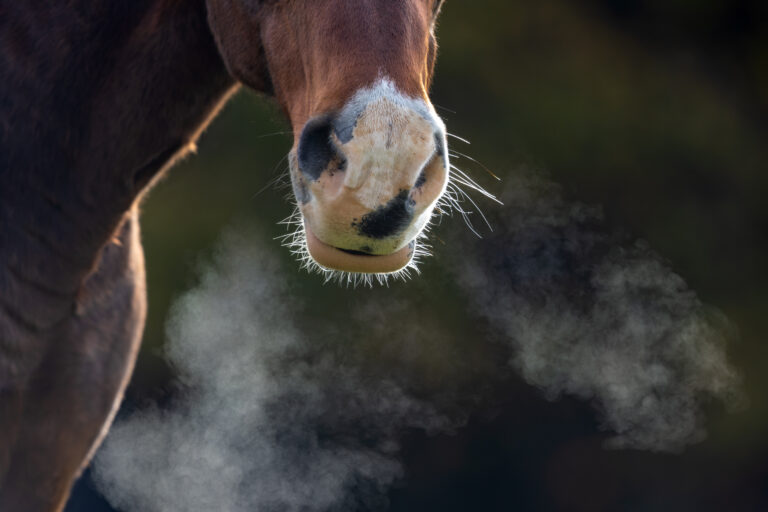
Screening of a horse for pituitary pars intermedia dysfunction (PPID) in part relies on plasma adrenocorticotropic hormone (ACTH) concentrations. Season of testing has a notable influence on plasma levels with peak levels in the fall months. It is also possible that breed further affects the peak and nadir of ACTH. A British study looked at potential influences of breed and season on ACTH plasma concentrations in horses. [Durham AE, Potier JF, Huber L. The effect of month and breed on plasma adrenocorticotropic hormone concentrations in equids. The Veterinary Journal July 2022; doi.org/10.1016/j.tvjl.2022.105857]
Researchers obtained laboratory records of plasma ACTH concentration from 52,332 horses between January 2012 and July 2018. There were nine breed types: Arabian (n = 1939); Cobs (n =8630); Connemara (n = 1703); Irish Sport Horses (n = 1873); and New Forest ponies (n = 1694).
The findings revealed inter-breed differences in regard to circannual rhythms: “Arabian horses, donkeys, Shetland ponies, and Welsh breeds had significantly higher ACTH concentrations than other breeds. July to November was associated with higher ACTH concentrations than December to June.”
There has been considerable discussion about the appropriate timing to collect ACTH samples in suspect PPID horses. It is noteworthy that besides seasonal blood sample collection the breed of horse may factor into the evaluation.









